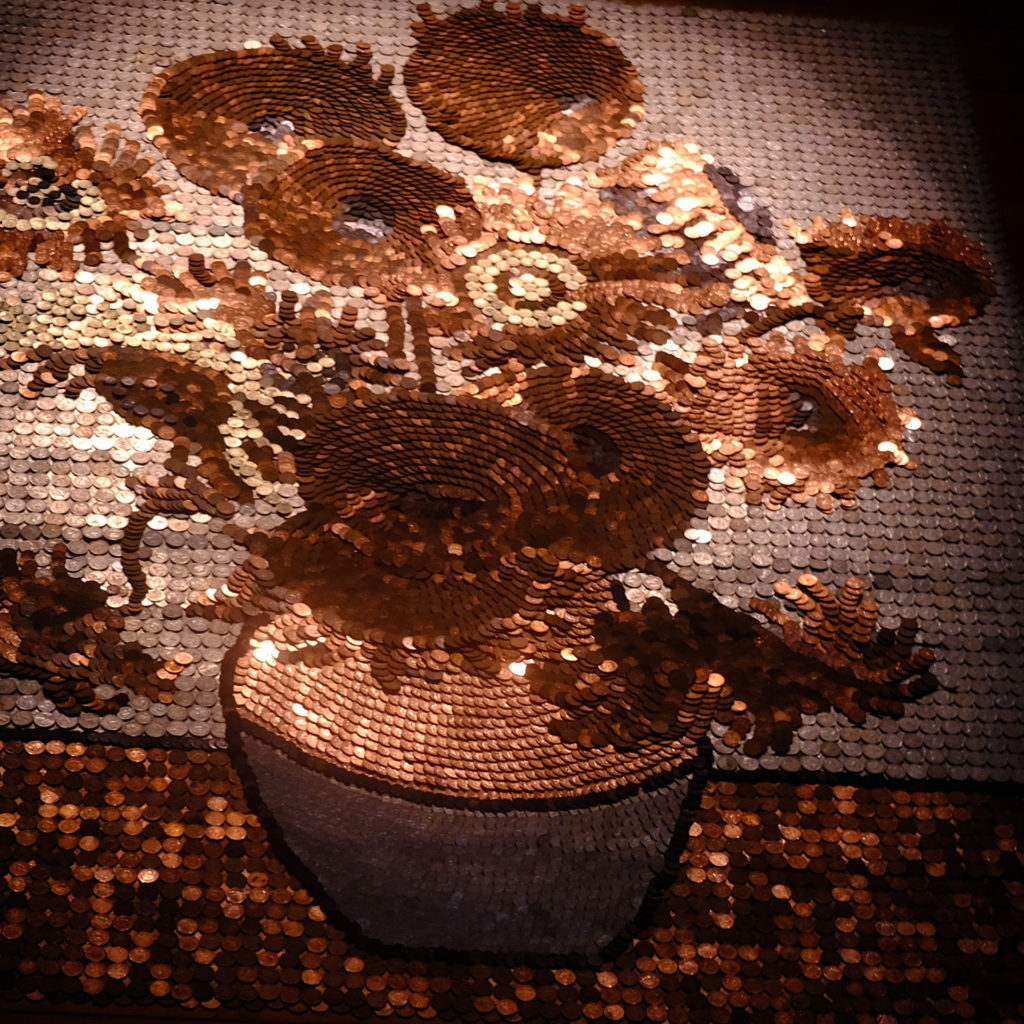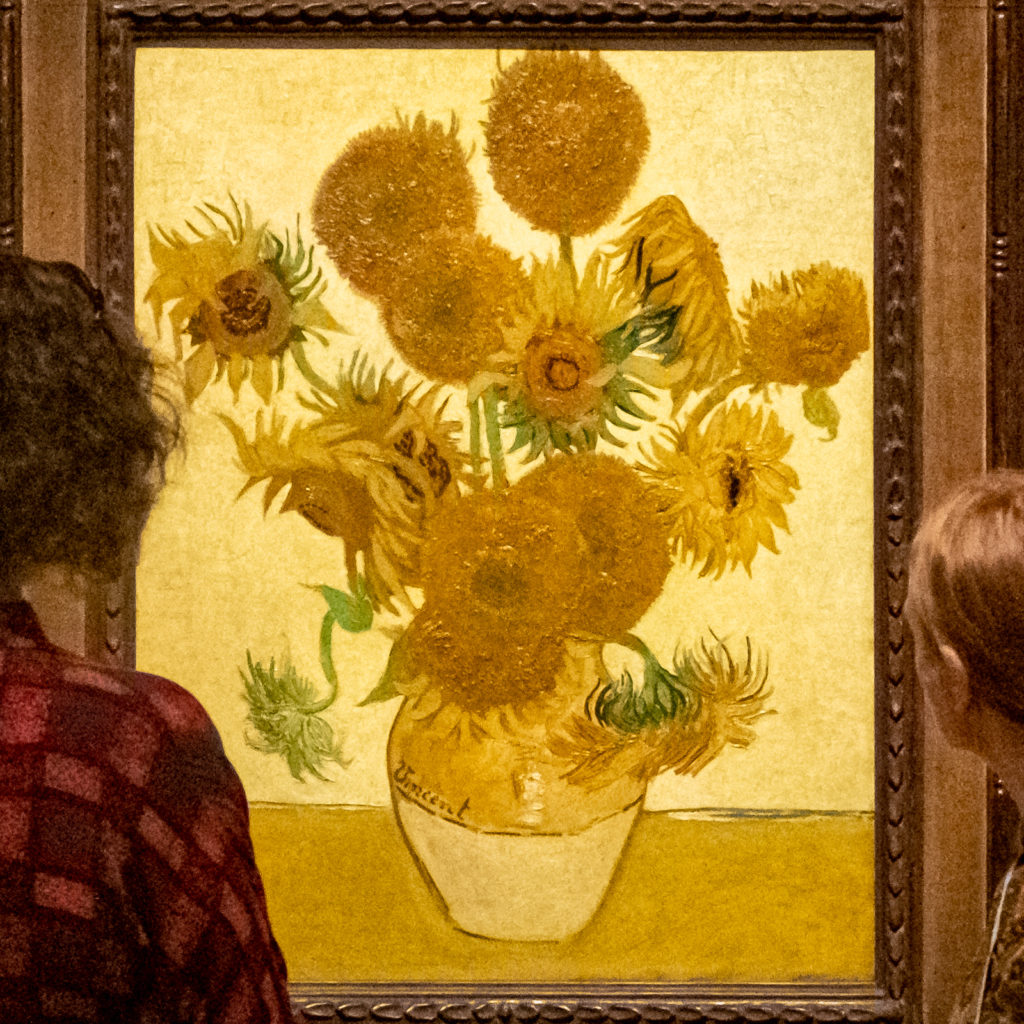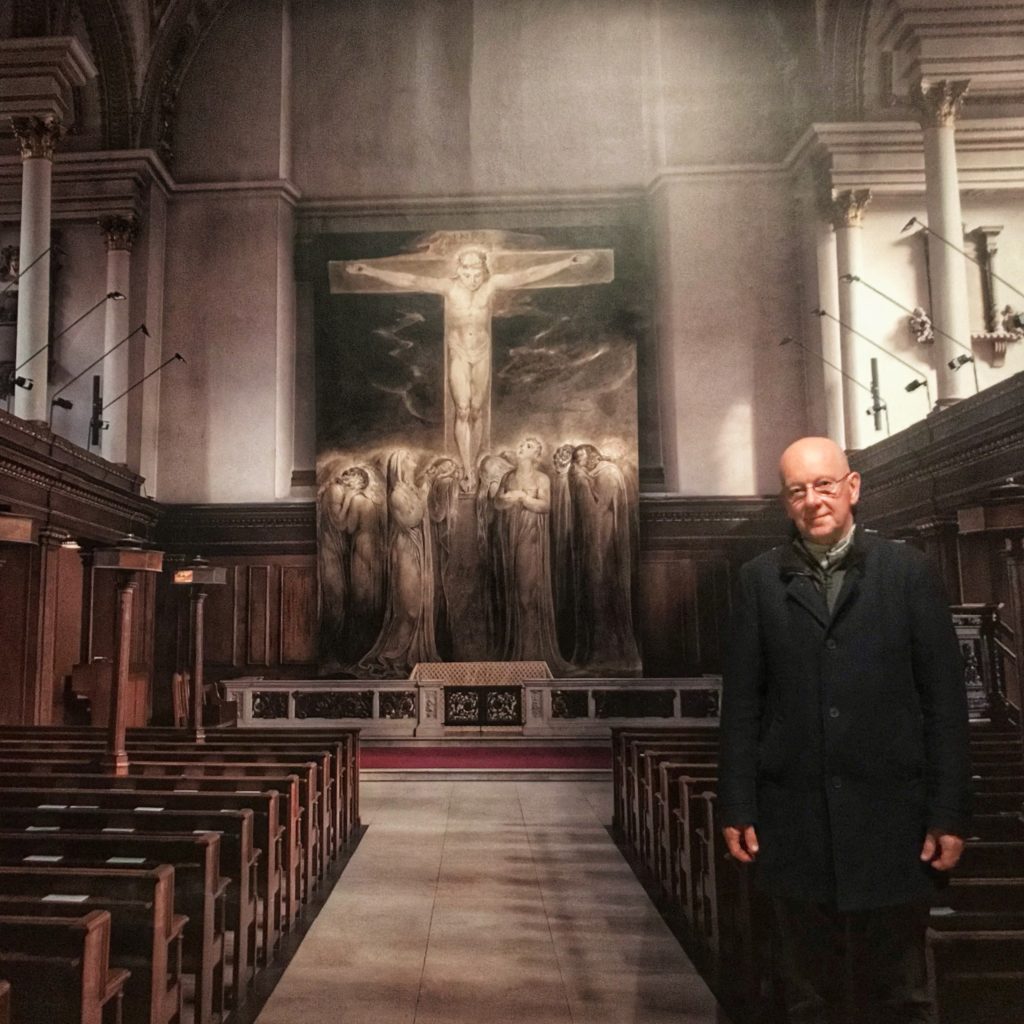We once came across a Bourgeois spider, lurking in the old turbine hall of the then new Tate Modern. Maman fascinated and appalled me in equal measure. My scientific self enjoyed the majesty of the vision that re-created her, triumphantly huge in steel. My male, meritocratic self had visions of limited purposes, sacrifice and cannibalism. And yet Maman spoke to me of the fight for life and a guarantee of a future borne in her egg sac, much as when Yeats wrote of rebellion and nationhood in Easter 1916, ‘A terrible beauty is born.’
Jean-Jacques Rousseau wrote in 1762 that ‘All his life man is imprisoned by our institutions’. I might have interpreted this quite differently as I experienced the many metamorphoses of my life some two hundred years later. I was trapped for many years in boarding school. I was insecure in a governmental limbo for nearly a decade waiting on a residence permit. Commodity price cycles locked me into phases of terrible drudgery for many years, more than once. I was a mortgage slave with many dependents and an alcohol dependency. And so it went.
Until suddenly, it seemed to me, I emerged. We emerged. The various cocoons were really just mental constructs. The prisons didn’t really exist. What freed me was self-awareness and self-actualisation. But the truth of it was that we’d just paid off the mortgage.
You might not expect me to get to William Blake from this. But there it is, a connection that joins up some events across many decades of experience, with a focus on the last two. That meeting with Maman in Tate Modern in 2000 represents the opening paragraph of a new chapter in my 2020 hindsight. And that chapter closed at a William Blake exhibition up river in Tate Britain in 2019. Perhaps the story isn’t in chapters, maybe this was Book 4. Perhaps Book 1 was ‘Education’. Book 2 was maybe ‘America’. If so, Book 3 has to be called ‘The World’. Book 4 becomes ‘Commuter UK’ or ‘Escape from Mortgage’. But in reality none of these work because life is way too complicated for such pithy, stylised phasing. There was no intelligent design to my life so let’s not imply otherwise.
Our term as mortgage slaves was indeed finite. The unforeseen advantage was that having become used to large monthly outgoings, we now had some spare money to indulge in active membership of public institutions. And we like the arts. Yet even this is too simplistic.
We had joined the Tate. Once you join an institution like the Tate, you get magazines and periodicals and constant reminders that you are a member. Oftentimes these are just annoying because you live too far away to visit. And then comes a life-twist and you have to move to central London for a short stay. And one day perhaps, you’re lucky enough to realise that the membership conveys huge privileges. I don’t mean the ones that they advertise that drew us in in the first place. I mean you wake to the realisation that the ideas, concepts and perhaps the art itself is being curated for eternity. And in being maintained, they are available to us all to use as shoulders from which to look to a better future.
Three stories I’d like to share. Three links to Tate but it could be anything, anywhere. Not in chronological order, nor in any sense by design. Just experiences as viewed in hindsight.
The first involves Van Gogh because I was lucky enough to attend the Tate Van Gogh exhibition seven times last year. It covered a few years he spent in London and the influence that had on him. We lived close enough that I could walk there for opening times and very often, had the place pretty much to ourselves; ourselves because we brought guests because we could. That’s when I was reminded that curation of the ideas and concepts is important because the fire bombing of Tokyo in the second world war destroyed several of his works. The art works may be as ephemeral as ourselves but the ideas can live forever. Meanwhile, in another room, a collection of coins might imply that greed drives the art world. Rose Finn-Kelcey’s 1987 work Bureau De Change was recreated for the duration of this Van Gogh show and I suspect too few saw it. She laid out coins in the pattern of Van Gogh’s Sunflowers and added a security guard and CCTV as you might if you put your Sunflowers on display. She died in 2014 and her conceptual activism outlives her.

Bureau De Change 
Sunflowers
The second story is much simpler. I took a group of visitors to lunch in Tate Modern in April 2005. We walked into the Turbine Hall and were greeted by Bruce Nauman’s Raw Materials sonic installation. My guests were visibly shaken. They couldn’t understand the words in which we were immersed and we walked down the ramp towards the lifts, let alone the purposes of such an exhibition. They’d just arrived from a world of insecurity, from war torn Baghdad, where daily car bombs and gun battles with security forces meant that seeing the next sunset was a daily gift. An hour later, after lunch in the roof top restaurant overlooking St Pauls and seeing institutions that had survived two world wars, they were more relaxed. Relaxed is relative; they got some pre-arranged texts during the meal, a system they used to confirm their loved ones had got home from shopping in Baghdad. The Thames still flowed and so would the Tigris and the Euphrates. Tomorrow might be different.
I thought we’d need to run out quickly but one of them stopped to listen and he compared Nauman’s babble to the story of Babel. The normal sound of the voice may be ephemeral, as is life, the river and the war itself but the story of Babel persists. The story is not a Koranic story yet my Muslim visitor from Iraq knew it well. He was proud, despite the modern barbarities, that the cradle of civilisation that was Babylon was Iraqi. And he was pleased to have made the connection.
And finally to William Blake. His poems are in various places in our house. I found this verse bookmarked in The Faber Book of Children’s Verse dated 3-3-90 and inscribed ‘… with love from Mummy & Daddy’
‘To see a world in a Grain of Sand
And Heaven in a Wild Flower,
Hold Infinity in the palm of your hand,
And Eternity in an hour.’
William Blake Auguries of Innocence
I’m not in public examination mode, and I note that world, palm, hand and hour aren’t capitalised and I wonder why but move on to embrace the notion that a Grain of Sand could contain an under-capitalised world. I’m a geologist and I know each grain has a history that would take longer than an hour, yet less than an eternity, to recount; if only we could recount it well. I hope 3-3 was the one who bookmarked the page and that the mark was for this poem rather than those on the opposing page.
William Blake was on my mind in the car the other day. I was out for a short shopping trip and I thought I’d like to hear Warren Mailley-Smith play Edvard Grieg’s Wedding Day at Troldhaugen again. I say again because I heard him play it last July in St James’s Church in Piccadilly, among a lovely selection chosen for a romantic, candlelit evening. It was tour-de-force in a fantastic setting with quite the loudest piano I have ever heard. Fortissisimo as needed, or a sublime pianississimo as required, in a selection of pieces that demonstrated the mastery of Mailley-Smith, the dynamic range of the instrument and the acoustics of the venue. Of course I bought a flac copy of his album for the car. Fantastic. And of course, he played Erik Satie’s Gymnopodie No.3 beautifully so that was saved for the return journey.
Blake had been here long before us; it had been his parish church. I didn’t know that night that Blake had proposed an idea for the church, an idea I would see in the Tate in a few months. Fast forward and there I am in front of a 21st century simulation of Blake’s idea, me standing at the row and seat where I sat during the Wedding Day at Troldhaugen.

The Blake works I saw in the Tate reset my impression of him. I read later that there were 300 items on display; there really was too much to see in just one visit. I easily engaged with the visionary mystic and lyrical poet, engraver, inventor, master printer, bookmaker and artist. Two centuries later, the originality, indeed the disruptive imaginations of his work is still readily apparent. I wasn’t concerned by the portrayals of good nor evil, innocence nor experience. I was simply amazed to see the prodigious output. I saw a Blake of all trades, and a master of all. Which reminded me of the exhibition of Picasso in which the Tate Modern lauded the phenomenal creativity of just one year; 1932 – Love, Fame, Tragedy. Blake was as monumentally simplistic in his stylisation as Picasso and lived a life of continual reinvention. Except no one cared in his lifetime. Indeed, it seems some did care; his ‘Canterbury Pilgrims’ was probably plagiarised by Robert Cromek and Thomas Stothard both.
Those around him could have kept him intellectually confined, constrained and caged for that was how the institutions of patronage worked in the London of his day. Instead he broke free to express himself for ‘Eternity in an hour’ so we can better see ‘the world in a Grain of Sand’. And in his freedom, he lived on the edge of starvation and died destitute after making beautiful, covetable objects. Perfidious Albion Rose.

Leave a Reply